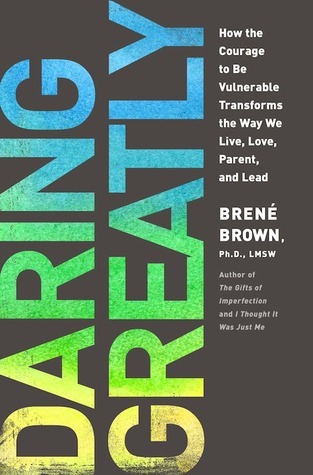
Presence: Bringing Your Boldest Self to Your Biggest Challenges
Book Description
Imagine stepping onto a stage, heart racing, palms sweating—every eye fixed on you. Now, what if you could transform that fear into confidence? In "Presence," Amy Cuddy unveils the extraordinary science behind harnessing personal power in life’s toughest moments. This groundbreaking exploration reveals how body language and mental presence can reshape your reality, turning vulnerability into strength. Through riveting stories and bold insights, she shows how to claim your space and communicate with authenticity. What if the key to unlocking your potential lies within your posture? Step into your boldest self and conquer your greatest challenges.
Quick Book Summary
"Presence: Bringing Your Boldest Self to Your Biggest Challenges" by Amy Cuddy explores how adopting confident body language and cultivating mindful presence can fuel one's effectiveness in high-pressure situations. Drawing on scientific research and real-life stories, Cuddy demonstrates how physical posture can influence mental state and even alter biological responses. The book provides practical strategies to help individuals manage self-doubt, nurture self-confidence, and express authenticity, staying true to themselves even when stakes are high. Cuddy's central message is that strength and presence are accessible to everyone, and developing these qualities can transform interactions at work, in relationships, and during pivotal life moments. Ultimately, "Presence" is a guide to harnessing inner resources and showing up as one’s most powerful self.
Summary of Key Ideas
Table of Contents
Harnessing Body Language for Confidence
Amy Cuddy’s "Presence" begins by exploring the interconnection between body language and psychological self-perception. Grounded in her famous 'power posing' research, Cuddy examines how adopting open and expansive postures before stressful events can trigger hormonal changes, lowering cortisol and raising testosterone to foster confidence. The way we hold ourselves, she argues, can influence not just how others see us, but how we see ourselves, creating a feedback loop that bolsters our sense of capability.
Overcoming Self-Doubt and Impostor Syndrome
A major focus of the book is the challenge of self-doubt and impostor syndrome, which affect many individuals during crucial opportunities. Cuddy shares stories from diverse people who have overcome these feelings by practicing presence. She explains how anxiety can disconnect us from our abilities, and offers methods for reframing self-talk and grounding oneself in the moment. This internal realignment is essential for managing nerves and unlocking latent potential.
Cultivating Presence in High-Pressure Moments
Cuddy emphasizes the crucial role of authenticity. She contends that genuine presence—expressing one’s true values and intentions—is more effective than trying to imitate others’ behaviors or suppress nervousness. By embracing vulnerability and owning one’s story, people can build deep rapport, foster trust, and increase influence. Authenticity, according to Cuddy, is the core of lasting personal power.
Authenticity as a Source of Power
The book also delves into strategies for cultivating presence every day. Cuddy recommends simple actions, like mindful breathing, practicing body awareness, and preparing small rituals before high-stakes interactions. These practices help anchor attention in the present and reinforce self-assurance. She offers practical tools to integrate these habits into daily routines, making presence a repeatable and accessible skill.
Practicing Everyday Strategies for Empowerment
Cuddy concludes by reinforcing that presence is within reach for all individuals, regardless of status or temperament. By deliberately using body and mind to claim space and center oneself, anyone can face challenges with poise. She encourages readers to see confident presence as a resource to be built over time, transforming everyday interactions and pivotal moments alike through self-belief, courageous action, and authentic connection.
Download This Summary
Get a free PDF of this summary instantly — no email required.





